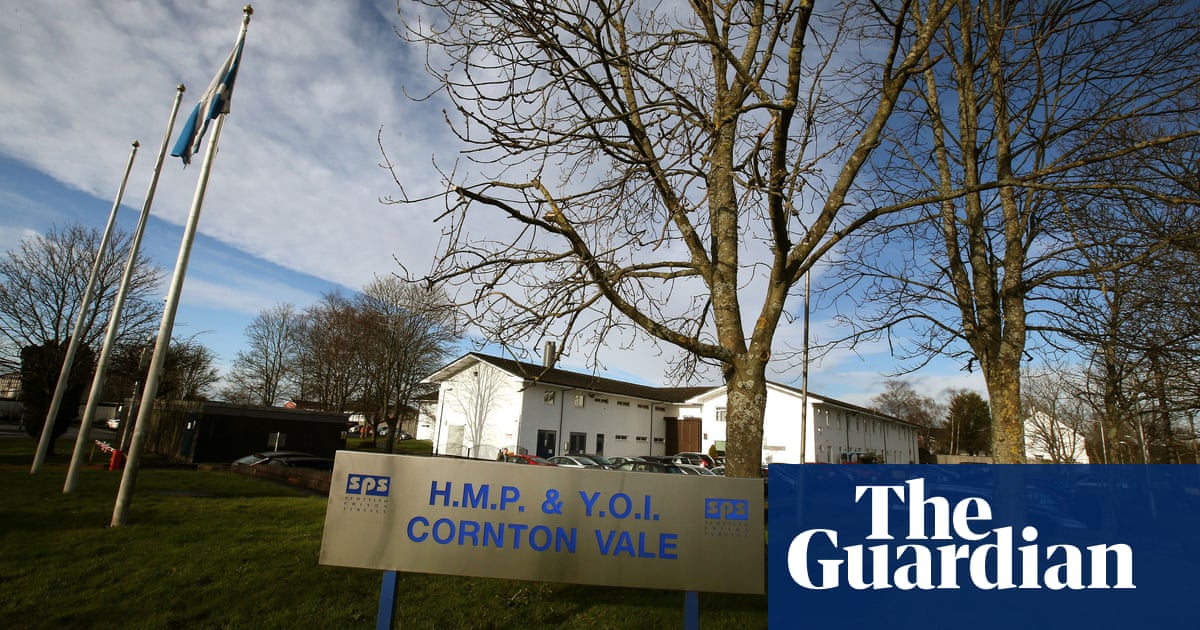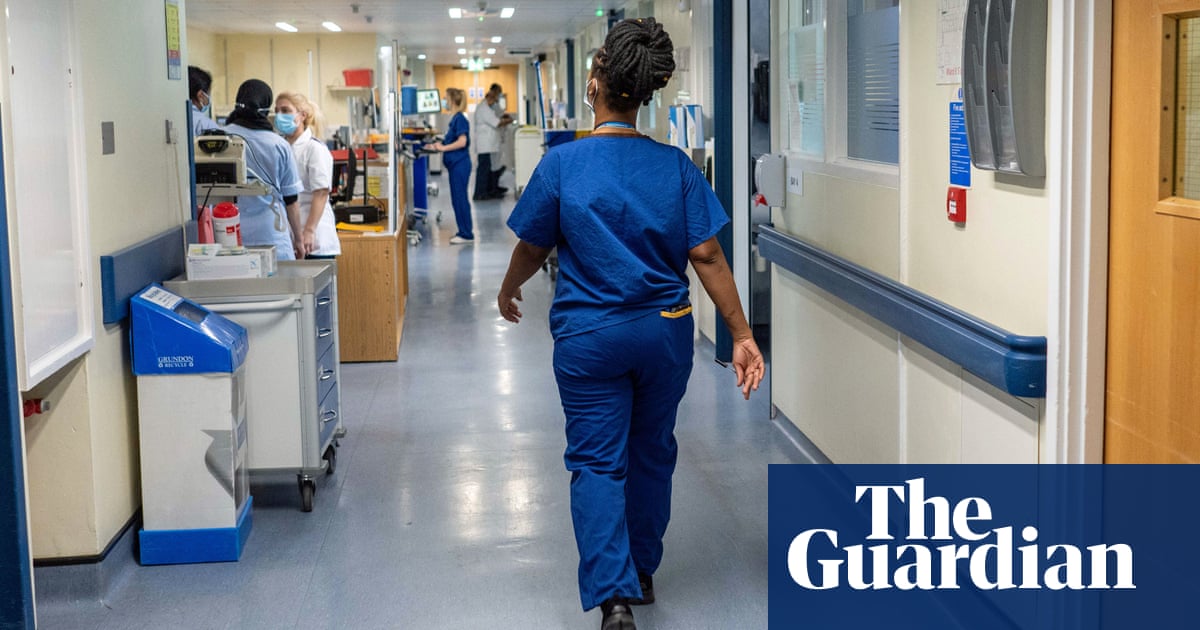
Lone police officers in Scotland will offer a verification check to the public from Saturday to provide reassurance that they are genuine officers, following widespread concern after the murder of Sarah Everard.
The new process will allow for the officer’s personal radio to be put on loudspeaker and for an officer or police staff member in a Police Scotland control room to confirm they are who they say they are, that they are on duty and the reason the officer is speaking to the member of the public.
The control room will create an incident number that can be displayed on the officer’s mobile phone or radio to confirm the broadcast message details.
Police Scotland said that police officers normally work in pairs but there are rare occasions when a lone police officer could approach a member of the public.
The force said that in a more irregular situation in which an officer working alone has to become involved in an incident, the officer will call 999 and allow the member of the public involved to speak to the control room on the phone. It added that uniformed colleagues will also be dispatched as quickly as possible.
Wayne Couzens, 48, was handed a whole-life order on Thursday for killing Everard after kidnapping her under the guise of a fake arrest.
The Old Bailey had heard how the firearms officer used his Metropolitan police-issue warrant card and handcuffs to abduct the marketing executive as she walked home from a friend’s house in Clapham, south London, on 3 March.
Will Kerr, deputy chief constable of Police Scotland, said: “The appalling circumstances of Sarah Everard’s murder have deeply affected people and many are now understandably concerned about verifying an officer’s identity.
“Police officers will, of course, continue to approach any member of the public who appears distressed or vulnerable, to offer support and assistance.
“However, although it is rare for a lone police officer to have to speak to a member of the public in Scotland, we absolutely recognise our responsibility to introduce an additional means of verification to provide further reassurance to anyone, in particular women, who may feel vulnerable, and who might be concerned if they find themselves in this situation.
“The onus is on us, as a police service, to proactively offer this additional verification process to any member of the public who appears distressed, vulnerable or frightened.”












